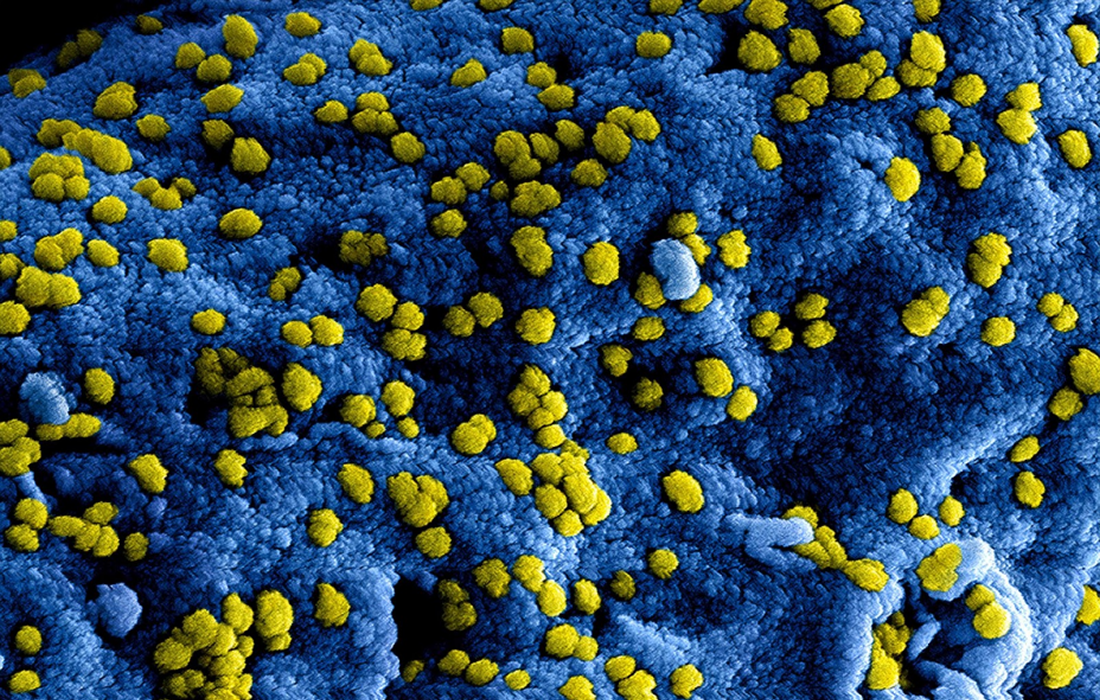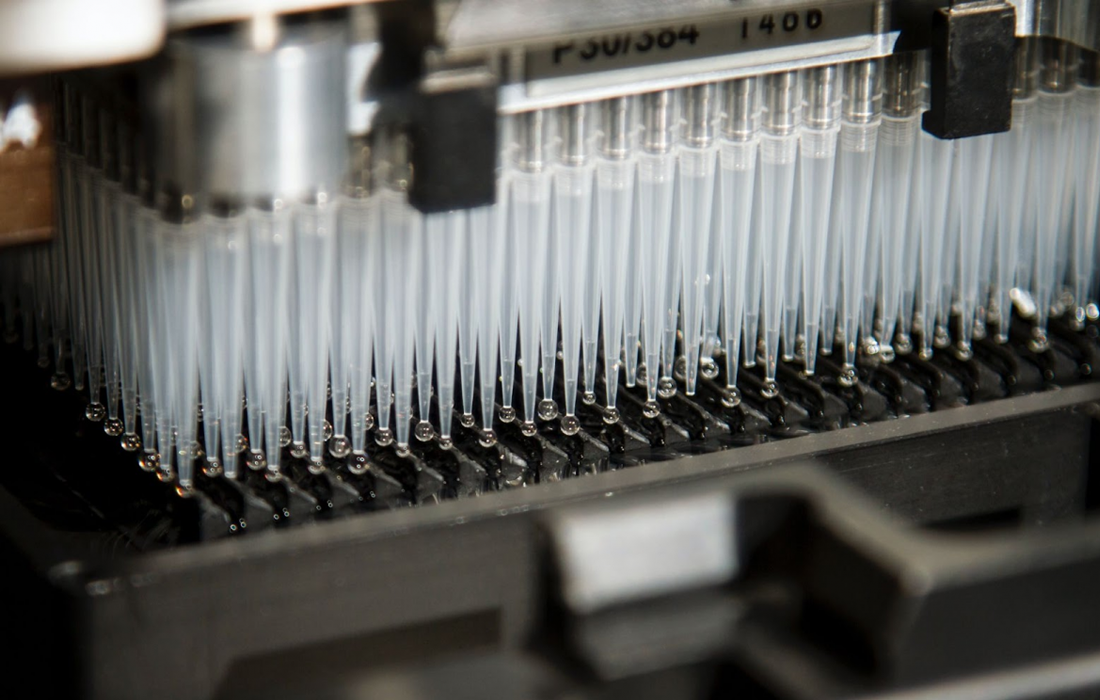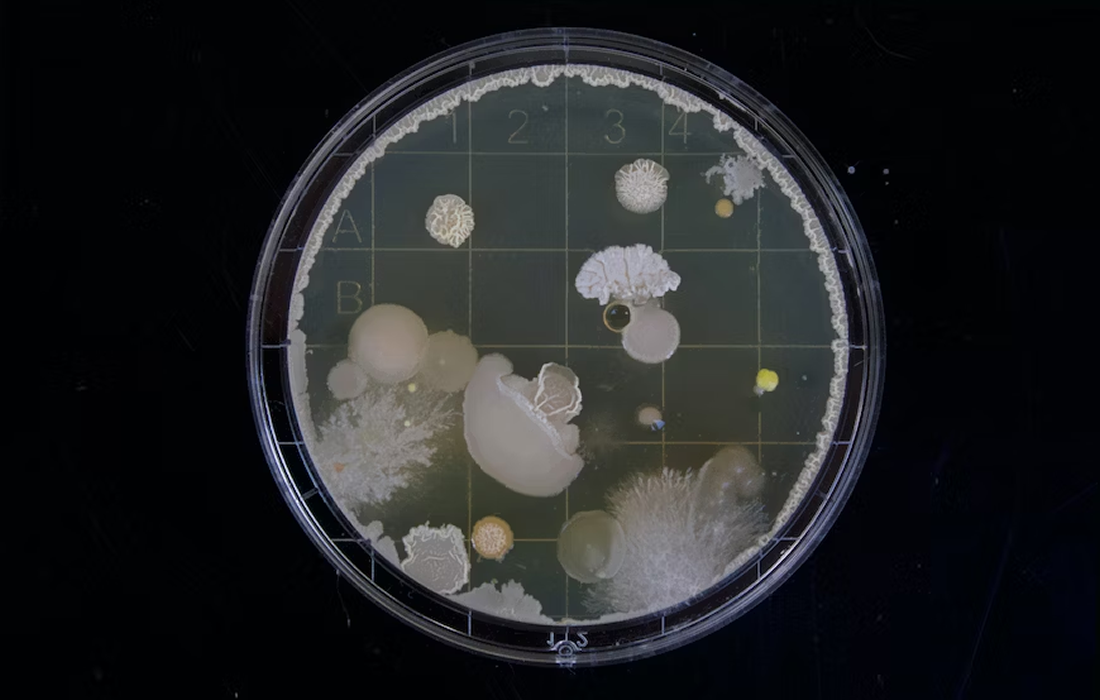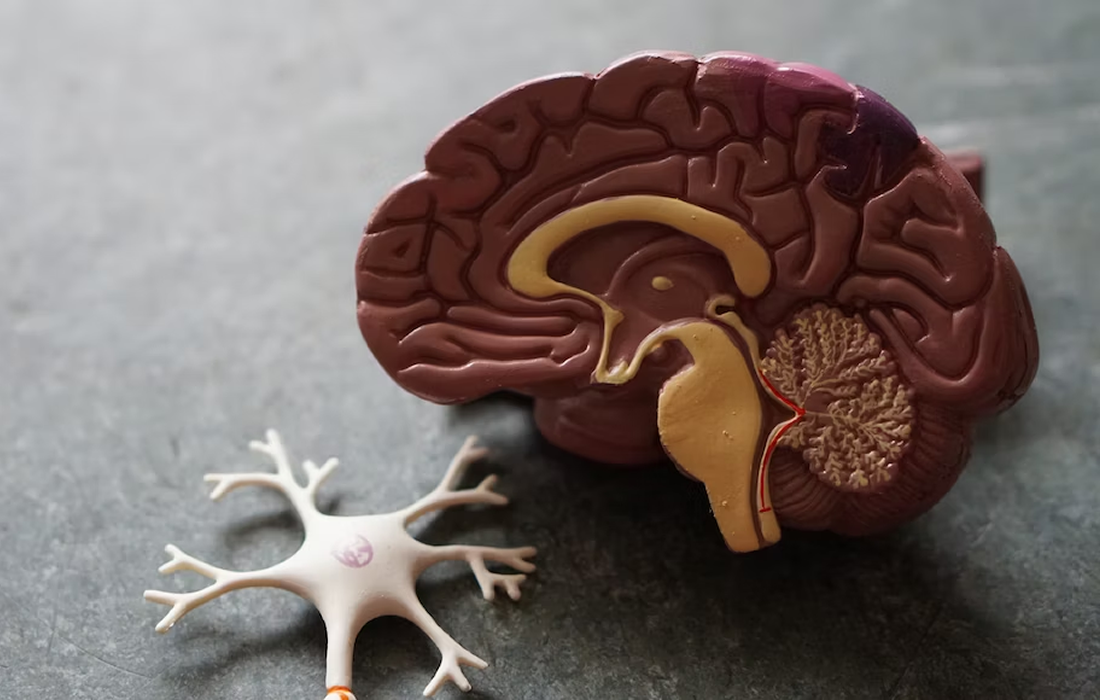Using an artificial intelligence algorithm, researchers at MIT and McMaster University have identified a new antibiotic that can kill a type of bacteria that is responsible for many drug-resistant infections. If developed for use in patients, the drug could help to combat Acinetobacter baumannii, a species of bacteria that is often found in hospitals and […]
Monthly Archives: May 2023
The Korea Advanced Institute of Science and Technology (KAIST) and their collaborators have conducted a groundbreaking study targeting ‘jumping genes’ in the entire genomes of the human large intestine. The study shows that L1 genes can become activated and disrupt genomic functions throughout an individual’s lifetime, particularly in the colorectal epithelium. With approximately 500,000 L1 […]
In a new study, researchers at Uppsala University have investigated how junk food affects sleep. Healthy participants consumed an unhealthier as well as a healthier diet in a randomised order. After the unhealthier diet, the quality of the participants’ deep sleep had deteriorated, compared with those who had followed the healthier diet. The results have […]
While it can take years for the pharmaceutical industry to create medicines capable of treating or curing human disease, a new study suggests that using generative artificial intelligence could vastly accelerate the drug-development process. “Using AI for things critical to saving human lives, such as medicine, is what we really want to focus on,” said […]
Infections caused by fungi, such as Candida albicans, pose a significant global health risk due to their resistance to existing treatments, so much so that the World Health Organization has highlighted this as a priority issue. Now, in a groundbreaking development with far-reaching implications for global health, a team of researchers jointly led by Hyun […]
A scientific team from the University of Barcelona and the CIBERobn has designed a strategy to fight obesity and diabetes in mice through ex vivo gene therapy which consists of implanting cells that have been manipulated and transformed in order to treat a disease. This is the first study to apply the ex vivo gene […]
Cancer cells have developed strategies to evade surveillance by the immune system and to prevent immune response. In recent years, fighting cancer with the help of the immune system has entered into clinical practice and gained increasing importance as a therapeutic approach. Current therapies apply so-called immune checkpoint inhibitors.. Targeting these checkpoints can release this […]
For the first time, researchers described the structure of a special type of amyloid beta plaque protein associated with Alzheimer’s disease (AD) progression. In a report published in the journal Neuron, scientists showed the small aggregates of the amyloid beta protein could float through the brain tissue fluid, reaching many brain regions and disrupting local […]
Stem cells from the human stomach can be converted into cells that secrete insulin in response to rising blood sugar levels, offering a promising approach to treating diabetes, according to a preclinical study from researchers at Weill Cornell Medicine. In the study, which appeared April 27 in Nature Cell Biology, the researchers showed that they […]
Research led by UCL, in partnership with the MRC Laboratory of Molecular Biology (MRC LMB) and AstraZeneca, has identified a new compound that can stimulate nerve regeneration after injury, as well as protect cardiac tissue from the sort of damage seen in heart attack. The study, published in Nature, identified a chemical compound, named ‘1938’, […]










